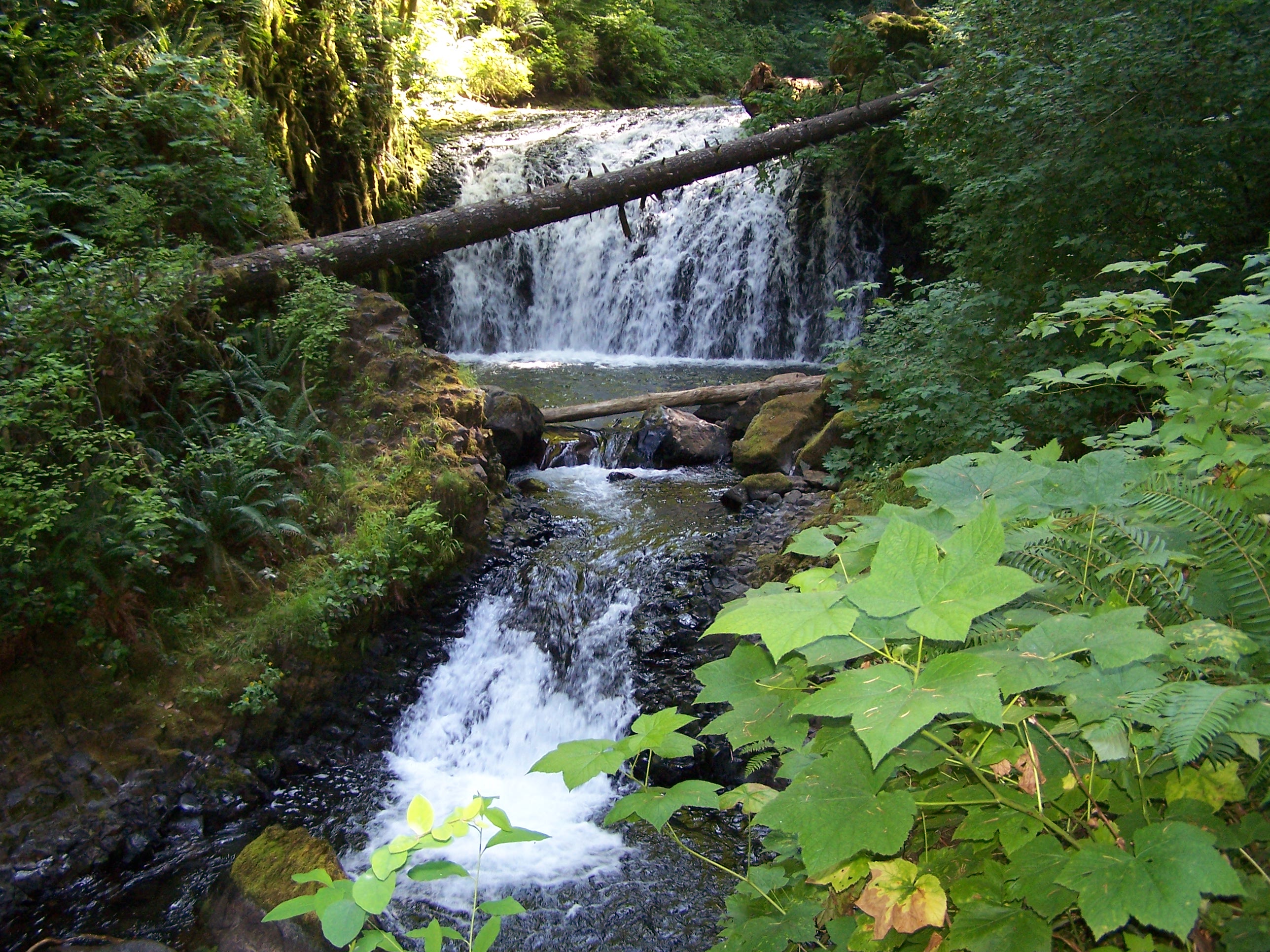Onward
Several years ago I became aware of a newly formed nonprofit organization called Onward Oregon http://onwardoregon.org/. Shortly after learning of the organization, I received an e-mail inviting me to be on their mailing list.
In that introductory email, following the words “What We Believe” came this: “We inherit the good that flowed from the people who came before us and the societies they created and will continue building on that foundation. The decisions we make today will dictate the quality of our lives together and those of generations to come – we will create the future for ourselves and our children.”
To my mind, there was nothing but good in that, so I agreed to be on the email list. This along was exceptional. The reality of spam-in-abundance had already led me to set up a separate email account for web-based interactions with good likelihood of automatically putting me on advertising lists over which I have little to no control. All of which is to say, I REALLY must have liked what Onward Oregon had to say about itself.
In the meantime, the organization has lived up to its word holding no-cost community sessions called ”Mapping the Commons,” and “Creating the Commons” around the state. I went to one of the “Mapping” events yesterday. The format of mapping is designed for people from a cross-section of communities. The “Creating the Commons” format is more suited for existing communities – neighborhoods, city halls (especially of smaller towns) drawing in representative citizenry representing the range of groups in their community, groups already allied in pursuit of some specific community goal.
Today 20 people from across the regions of Portland gathered in the meeting room of a neighborhood library. We’d all responded to an email inviting us, which means we’re all on the Onward Oregon list and would tend to indicate a more homogenous collection. Turns out OO maintains a list of many thousands and grows daily, and the room showed at least some evidence of the list’s diversity.
First of all, it was a great turn out for this kind of thing – two and a half hours of a Saturday afternoon including a good number of people in the room who had made something of a schlep. I counted an equal number of women and men. From my best estimate, the average age seemed to be around 45 with a median of 50 and a range from the early 20’s to the 70’s. That’s not bad at all as a representation of adults in our country.
Race, however, was less well represented. We didn’t introduce ourselves by race or ethnicity, but no one mentioned being from a Native American tribe. By visual observation there were three people of color in the room, men of three different generations. All too often in Portland in particular, and maybe with conversations like these in general, the work to attract people from all ethnic and racial communities is lacking.
No one stated their sexual orientation, so that representation is unclear. And, it is likely the range of socio-economic status was quite narrow for this bunch. Maybe someone of wealth (the ‘1%’) and conscience (a more frequent occurrence than lately is acknowledged) was in the gathering, but it’s safe to say that we all had enough means to have computers, receive email announcements, and have free-time enough for finding our way to the gathering.
With all those qualifications, here is what happened. We sat in a circle. We heard a few minutes about OO. We introduced ourselves. Then over the remaining 2+ hours, we went through a series of deftly facilitated activities to individually, in small groups and as a whole generate a list of things we share in common and thus care for together. The list ranged from matters of culture to specifics of public services like garbage collection and public safety. One word that came forward was stewardship – responsibility for one another and the natural world. Another word was diversity – the shared fact that we are at once interdependent and quite varied, we are diverse and in community – both things we share in common and must tend. The natural world was described as were public places like schools, parks, roads, churches, prisons. The market was listed under economy. All of these things came from the 20 Oregonians gathered in the room; the facilitator served only to keep us talking.
Our list will join other lists generated by other collections of citizens. As an antidote to the tendency modeled by the media and public leaders to polarize into positions based on ideological and thus abstracted positions, this community gathering was an exercise in listening and speaking on behalf of what we share in common. It was good practice in what is so evident in the 100 Voices book.
We differ in important ways – ways we want respected. At the same time, we share commitment to the wellbeing of our families and of our neighbors – we share commitment to the commons. It was excellent to see the public practice and affirmation of that impulse of everyday Americans there in that room on a Saturday afternoon in Portland, Oregon.
This week, I am especially grateful for what we share in common, for the way we are related, and for the great promise in our acting from there.
 Clare Consultation, LLC
Clare Consultation, LLC